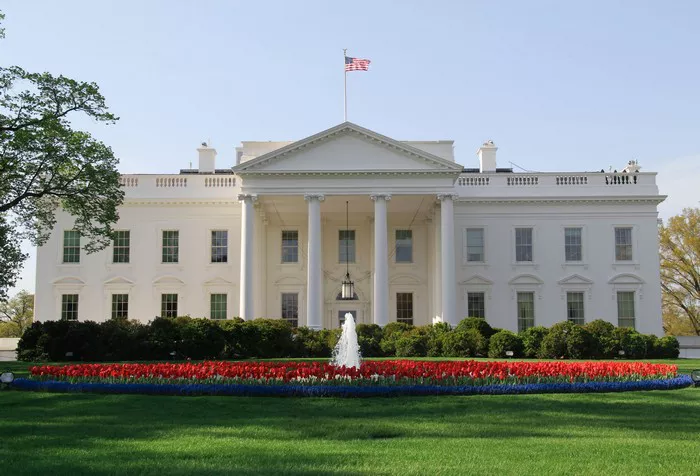In their first presidential debate, U.S. President Joe Biden and former President Donald Trump engaged in a heated exchange over immigration issues.
Trump criticized Biden for the rise in illegal crossings at the U.S.-Mexico border and highlighted cases of criminal activity among migrants. Biden countered by pointing to a 40% decrease in illegal crossings since implementing an executive order aimed at curbing such activities.
Moderator Jake Tapper of CNN questioned both candidates on voter trust regarding solving the immigration crisis. Biden emphasized his administration’s efforts to address border challenges through bipartisan agreements, while Trump criticized Biden’s decision to end Title 42, which facilitated rapid expulsion of migrants during the COVID-19 pandemic.
When pressed on his plan to deport millions of undocumented immigrants, Trump sidestepped the question, focusing instead on national security concerns and crime rates among immigrants.
Responding to Trump’s claims, Biden called them false and emphasized the impracticality of mass deportations, a sentiment echoed by immigration expert Elizabeth Vaquera from The George Washington University.
Recent statistics from U.S. border enforcement officials indicate a decline in daily encounters with migrants, attributing the decrease to tougher enforcement measures and expanded legal pathways under Biden’s executive orders.
Despite Biden’s actions, challenges remain, including a lawsuit challenging asylum restrictions imposed by his administration. Biden defended these measures as necessary steps under current federal laws.
The debate highlighted contrasting approaches to immigration policy, with Trump portraying the border situation as chaotic, while Biden criticized Trump’s handling of family separations during his presidency.
Efforts to reform U.S. immigration laws have historically faced legislative hurdles, with the last significant overhaul occurring nearly four decades ago.


